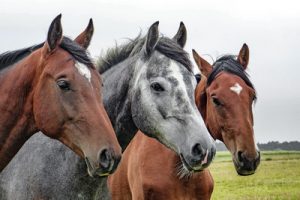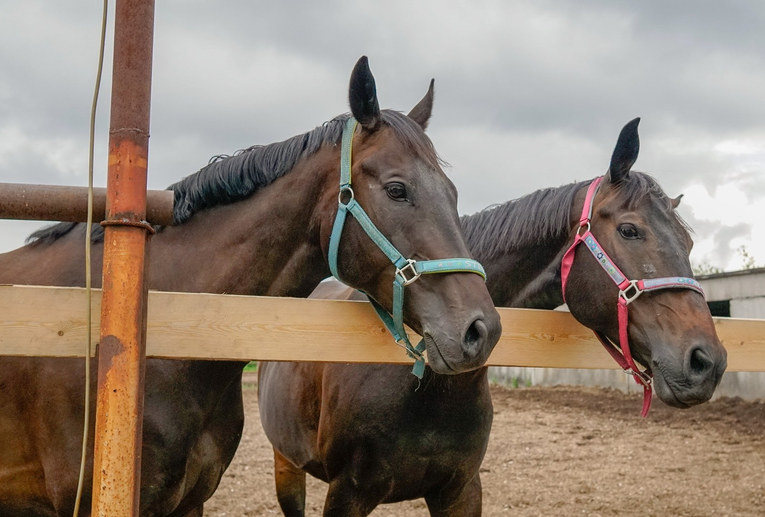 There was concern for all amongst racing yesterday when the Animal Health Trust (AHT) confirmed they had been experiencing an increase in the number of equine flu cases being reported.
There was concern for all amongst racing yesterday when the Animal Health Trust (AHT) confirmed they had been experiencing an increase in the number of equine flu cases being reported.
The AHT has expressed anxiety of their own in the rise in the number of cases being declared in ‘non-thoroughbreds’, and while for now at least that won’t impact upon wider racing, there is always the concern that infection can be spread through training yards and stables.
The greatest fear of all is the possibility of another influenza outbreak to match that of earlier in 2019, when National Hunt racing was written off for a week and worries about the viability of the Cheltenham Festival were raised.
That situation caused the BHA to introduce new rules about vaccinations, with all runners in British races now having to have been vaccinated within the preceding six months.
But just last week there were more confirmed cases than at any other time since the epidemic, with nine announced last week to make it 20 in May in total – up on the 12 cases treated in April.
Those numbers have been stimulated during competitions season, with travelling horses perhaps the root cause. Of all the outbreaks recorded since the start of May, eight involved horses that have travelled to the UK from Ireland, another featured a horse imported from mainland Europe.
The director of epidemiology and disease surveillance at the Animal Health Trust, Dr Richard Newton, said:
“As the competition season is getting into its busiest period the number of outbreaks is likely to continue to rise with the movement of horses across the country.
“Flu is still as much of a threat as it was earlier this year. Our advice to horse owners remains the same; be aware of the clinical signs of equine influenza and boost your horse’s vaccination if it was given more than six months ago.
“Importantly, isolate new arrivals in your yard and continue to practice good biosecurity at competitions and at home.”
Vigilance Required to Stop Spread

It’s good news, oddly, that five of the horses reported in early May were not vaccinated. That at least gives some confidence that the current strain of equine influenza is not able to affect horses that had had the relevant vaccines.
But vigilance has been called for amongst all trainers and owners as the flu virus is able to be transmitted between horses with new ‘carriers’ required to keep the bug alive, and as competitions season hots up the numbers of horses travelling across national borders is on the increase. Worst still, the virus is also airborne, and can travel long distances.
The British Equestrian Federation has confirmed that it ‘continues to closely monitor the equine flu outbreak’. A spokesperson said:
“This outbreak is no longer making headlines but the BEF urges owners to maintain their vigilance and ensure their vaccination records are up to date.
“We strongly recommend that if it has been longer than six months since the last vaccination, owners should discuss a booster with their veterinary surgeon.
“It is also vital that unvaccinated horses do not mix with other equines due to the increased risk of such an infectious disease spreading.”
